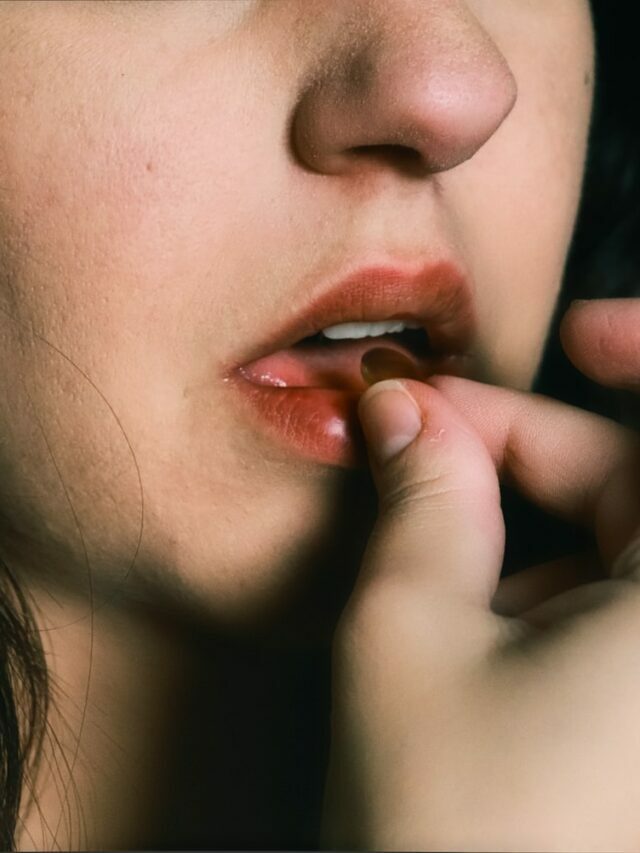Attention deficit hyperactivity disorder (ADHD) is a prevalent neurodevelopmental disorder that affects both children and adults. One common issue that individuals with ADHD face is insomnia, which exacerbates ADHD symptoms and hinders daily functioning. Traditionally, medication has been the primary treatment option for ADHD-related insomnia. However, a recent study explored the effectiveness of blue light-blocking glasses as a nonmedical alternative.
Study Overview
The study, conducted by researchers at the University of California, Berkeley, aimed to examine the impact of blue light-blocking glasses on sleep quality and midsleep time in ADHD subjects (source: Doverpress). The researchers sought to determine if wearing these glasses during evening hours could counteract the phase-delaying effect of light exposure, thereby improving sleep quality.
Methods and Results
To assess sleep quality and timing, researchers asked participants to maintain daily bedtime, wake-up time, and compliance diaries during a baseline observation week and a 2-week intervention period. The intervention protocol consisted of using blue light-blocking glasses and a moderate lighting environment during evening hours.
Out of 22 subjects, only 14 completed the study due to nonadherence with wearing the glasses and diary completion. Despite the minimum 3-hour recommendation, glasses were worn for an average of 2.4 hours daily. Lighting was reduced for only 58.7% of the evening. However, the intervention led to significant improvement in global Pittsburgh Sleep Quality Index (PSQI) scores, PSQI subcomponent scores, and sleep diary measures of morning refreshment after sleep and nighttime awakenings. Furthermore, participants reported reduced anxiety following the intervention.
Conclusions and Implications
Although compliance with the intervention instructions was only partial, subjects who completed the study experienced reduced anxiety and improved sleep quality on multiple measures. Additionally, the more sleep-delayed participants trended toward an earlier sleep period following the use of the glasses.
These findings suggest that blue light-blocking glasses may be a potential nonmedical treatment for ADHD-related insomnia, particularly for more compliant subjects with prominent sleep delay. Larger studies focusing on more phase-delayed groups could provide further insights into the benefits of blue light-blocking glasses in chronotherapeutics.











